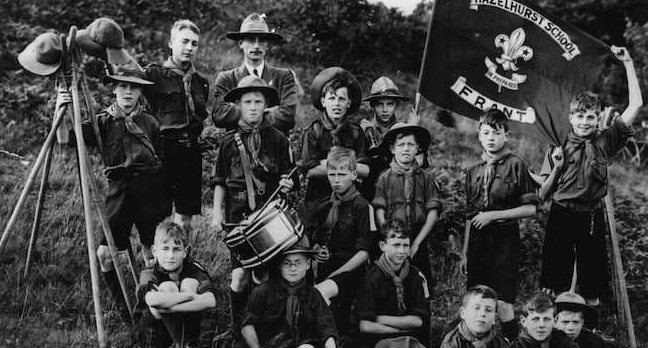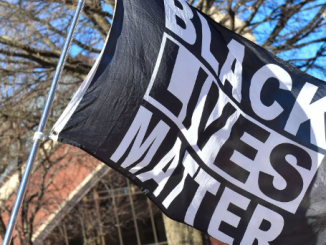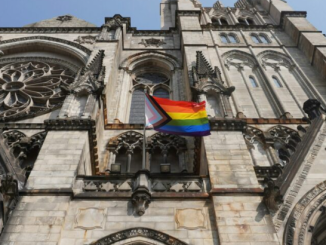
The Scouts have been encouraged to use gender-neutral language and to drop the terms “mum and dad”.
Members have been encouraged to guide children through a card game called “Pronoun Pairs”, which has been devised as a way of teaching them about gender identity.
The game uses the character of “Billy the Butterfly” who is “non-binary” to introduce LGBTQI+ concepts to children.
{snip}
Encouraged to use pronouns
This suggests “using ‘sibling’ rather than ‘brother or sister’, ‘everyone’ instead of ‘ladies and gentlemen’ or ‘boys and girls’”.
It adds: “You could use ‘parent’, ‘carer’ or ‘grown-up’ rather than ‘mum and dad’.”
Children are encouraged to use pronouns like “ze/zir” and “they/them” instead of gendered pronouns.
Young Scouts are also taught what to do if they “misgender” someone by using the wrong pronouns, with guidance for the game starting: “It’s important to acknowledge your mistake by apologising and correcting yourself.”
‘Inclusion and diversity’
A guide to the Pronoun Pairs game, on the Scouts website, advises adults: “By taking part in this activity and learning about pronouns, we can celebrate the inclusion and diversity we’re so proud of. “
{snip}
When the cards are turned, children must form a sentence about the character in question using their preferred pronouns, with an example given for Billy as “they ate a sandwich”.
When the game is over adults can talk through the lessons of the game with the Scouts.
‘Implementing gender-neutral language’
The game states: “It can feel awkward or forced when you start implementing gender-neutral language. That’s normal. The important thing is to keep at it so that it has a chance to become a part of your everyday communication.”
The exercise for young people has been branded “indoctrination” by the campaign group sex Matters, which has raised concerns about the spread of gender-ideology.
{snip}
The Scouts said of the game: “Scouts encourages all our members to learn new things, to be kind, helpful and respect others. Helping young people to use language that works for everyone is a good way to show kindness and respect and to ensure that everyone feels welcome.
“We introduced this activity in June this year and the feedback we’ve had since has been positive. We think it’s important to make sure there is more kindness in the world so we will continue to develop programme material that ensures that our members feel valued, respected and that they belong.”
* Original Article:


